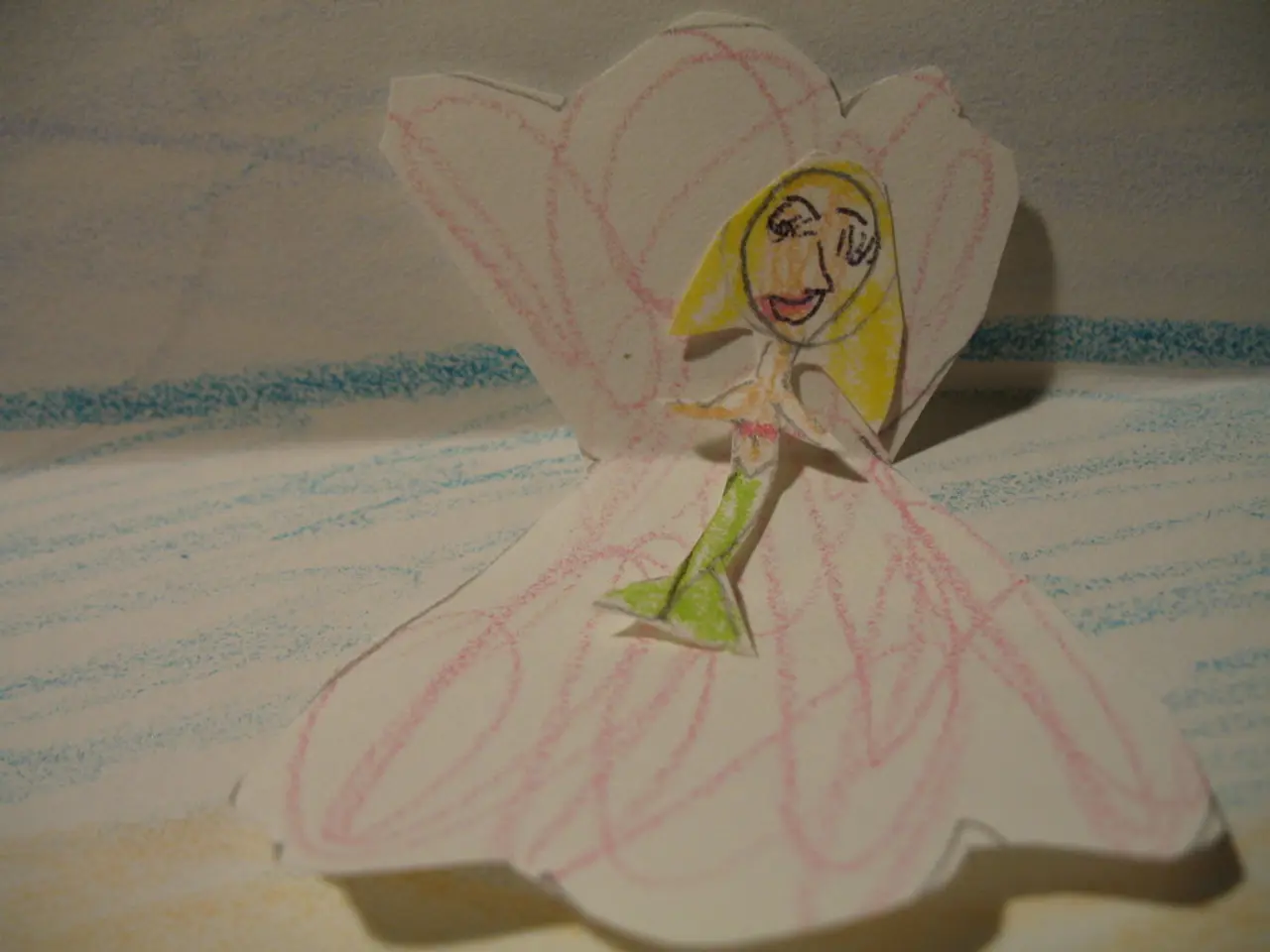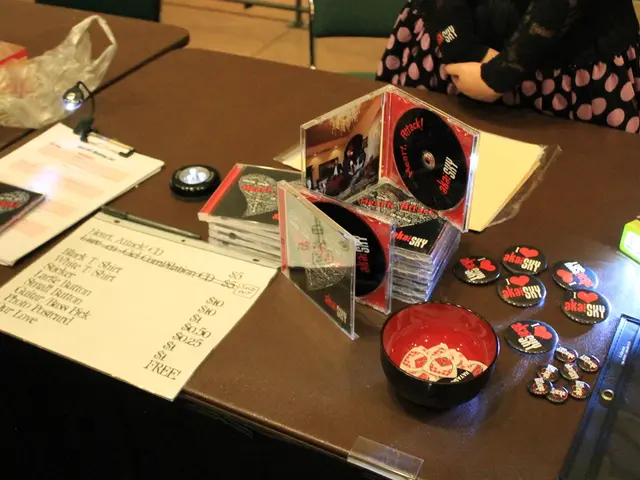Art's Universal Fascination: The Role AI Plays in Turning Studio Ghibli into a Global Phenomenon
Studio Ghibli AI Trend Sparks Debate on Originality and Ethics
The recent trend of using AI to generate images in the distinctive style of Studio Ghibli has taken the world by storm, with millions of users worldwide creating and sharing their own Ghibli-inspired art. This viral phenomenon, facilitated by AI tools like ChatGPT's image-generation feature, has captured the imagination of people everywhere, allowing them to see themselves and their surroundings transformed in the magical, nostalgic aesthetic of beloved Studio Ghibli films.
However, this surge in popularity has not come without controversy. The unauthorized use of artists' works to train AI models has raised concerns about copyright infringement and the devaluation of creative works. Studio Ghibli co-founder Hayao Miyazaki himself has expressed strong disapproval, calling AI-generated images "utterly disgusting" and rejecting their place in his creative process.
The trend has sparked significant ethical and artistic debates, focusing on the authenticity of AI art, concerns over originality and intellectual property, and the perspectives of original creators like Studio Ghibli's co-founder, Hayao Miyazaki. Critics argue that AI lacks the human experience and emotional depth that imbue original art with meaning, questioning its ability to engage in the genuine creative process that defines true artistry.
The surge in demand for AI-generated Ghibli-style images placed considerable strain on OpenAI's infrastructure, particularly its GPU capacity, leading to temporary service disruptions and delays in new releases as the team worked to manage the increased load. CEO Sam Altman of OpenAI appealed to users on social media to "chill a bit with the Ghibli images," acknowledging the challenges faced by the infrastructure and team due to the unexpected load.
Legal actions, such as the lawsuit filed by artists Sarah Andersen, Kelly McKernan, and Karla Ortiz against AI companies, highlight the growing tension between AI developers and the artistic community. The artists argue that training AI models on their work without permission is a direct violation of intellectual property.
Despite these concerns, the trend has also reshaped who gets to create and who gets noticed in the creative industries. The potential of AI in art is opening up new forms of artistic expression, democratizing art creation, and allowing individuals to merge their own experiences with the beloved aesthetic of Studio Ghibli films.
The virality of the Ghibli AI trend was significantly amplified by social media platforms, with influencers and celebrities sharing their own AI-generated Ghibli-style images, further propelling the trend. The trend gained momentum when a software engineer from Seattle shared an AI-generated image of his family rendered in the Ghibli style on social media, inspiring countless others to create and share their own Ghibli-inspired images.
In summary, the Studio Ghibli AI trend’s viral impact stemmed from its ability to democratize a cherished visual style, but it also provoked serious discussions around copyright infringement, artistic authenticity, and ethical use of data. This reflects ongoing tensions as AI intersects with culture and creativity, and it underscores the influential role of social media in amplifying trends and the growing intersection between AI technology and creative expression.
Read also:
- Weekly Sustainability Update: August 5 - 10, 2025 Edition
- Collision between a Chinese warship and a coast guard vessel occurs off the Chinese coast, with the former apparently ramming the latter during a pursuit of Philippine boats.
- Vegetation Can Also Fall Ill!
- Dutch gaming studio, Play North, on a trajectory to dominate the Dutch market in the gaming industry.







